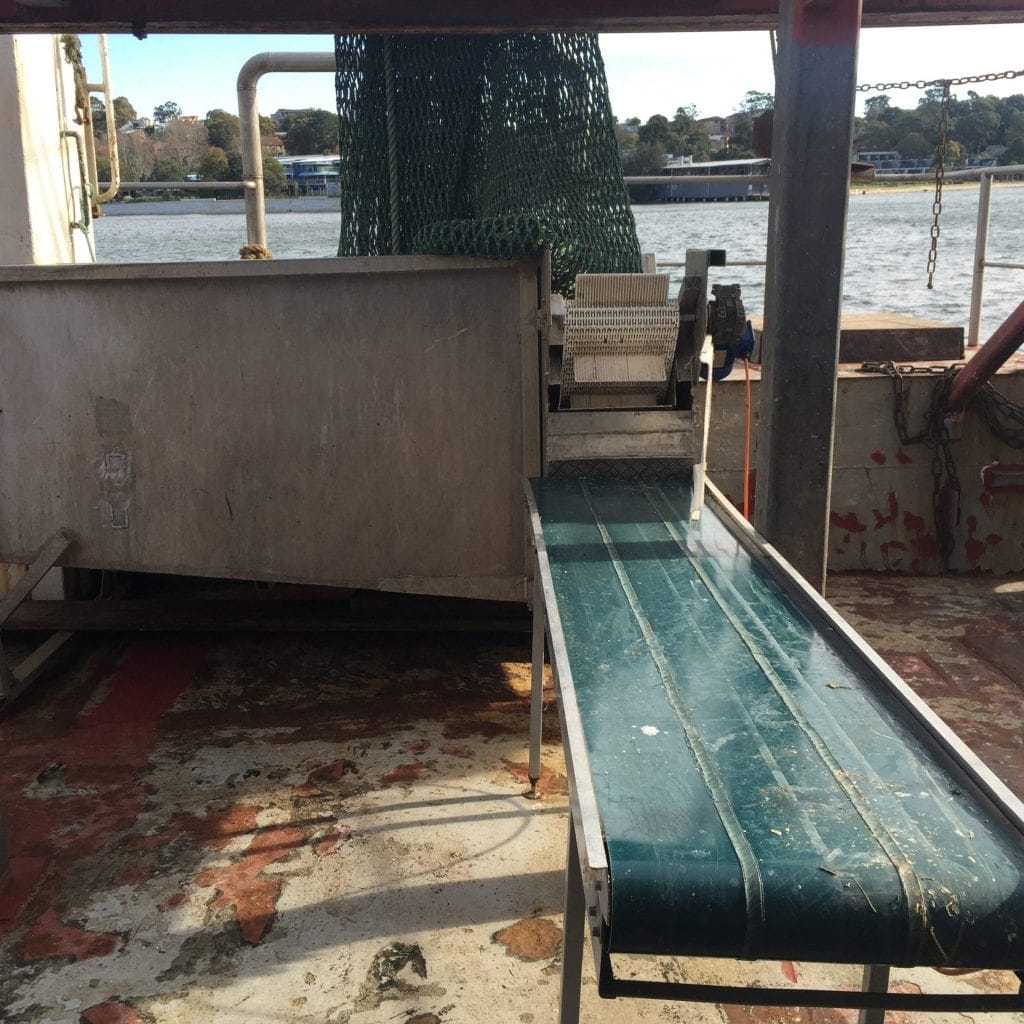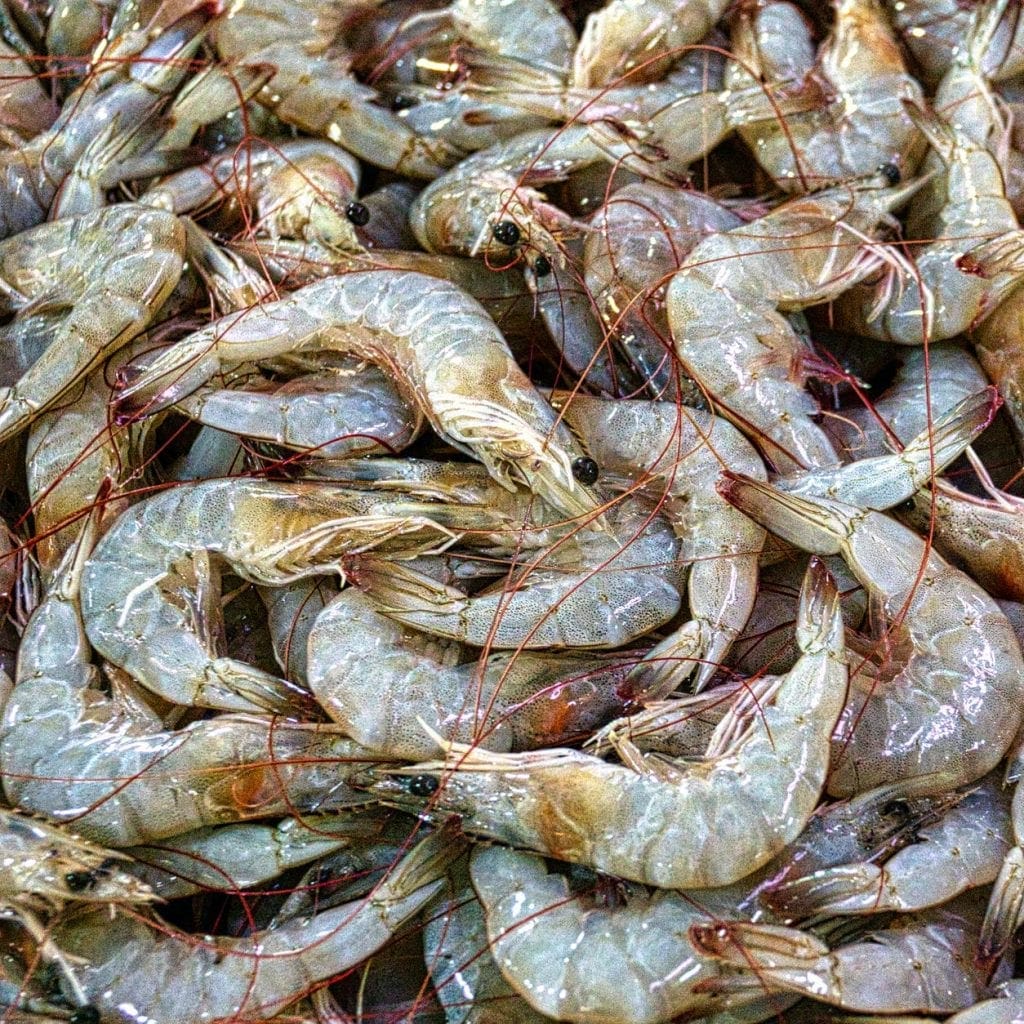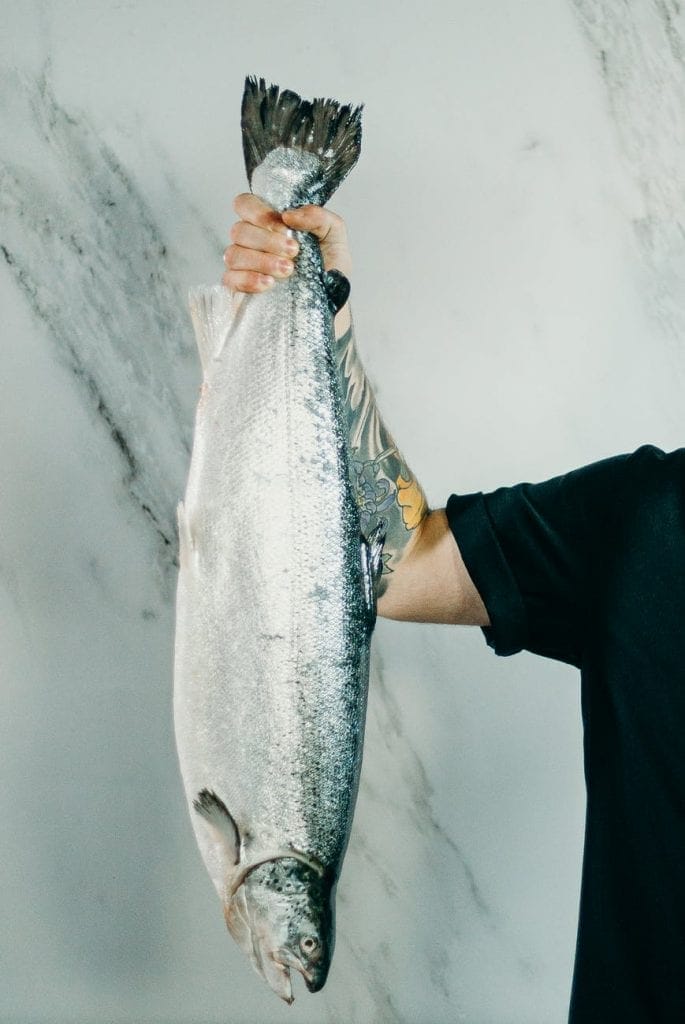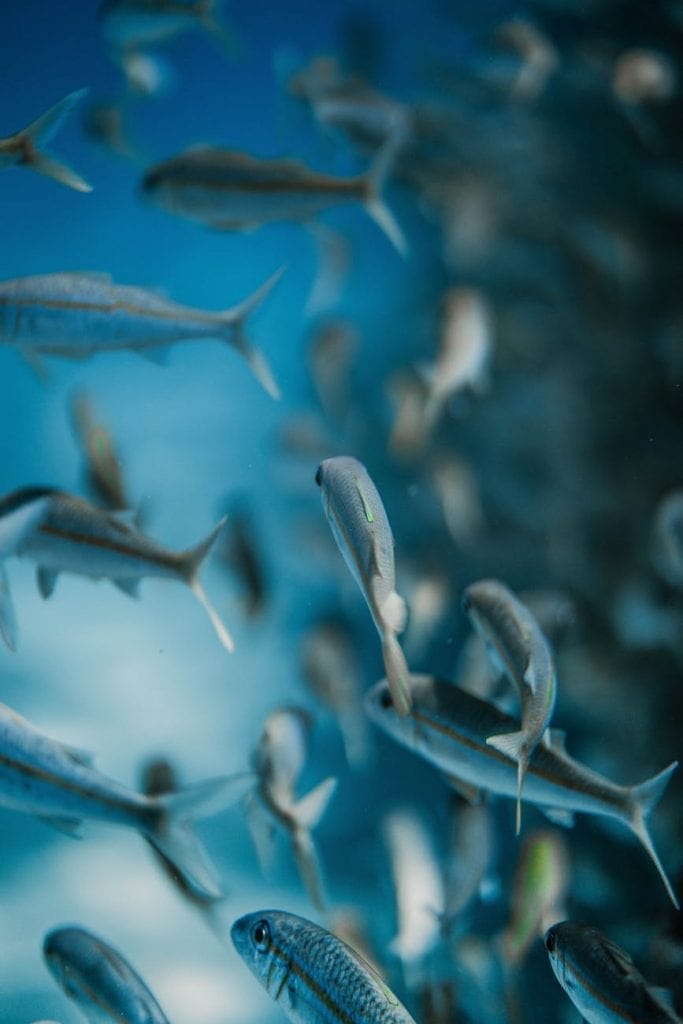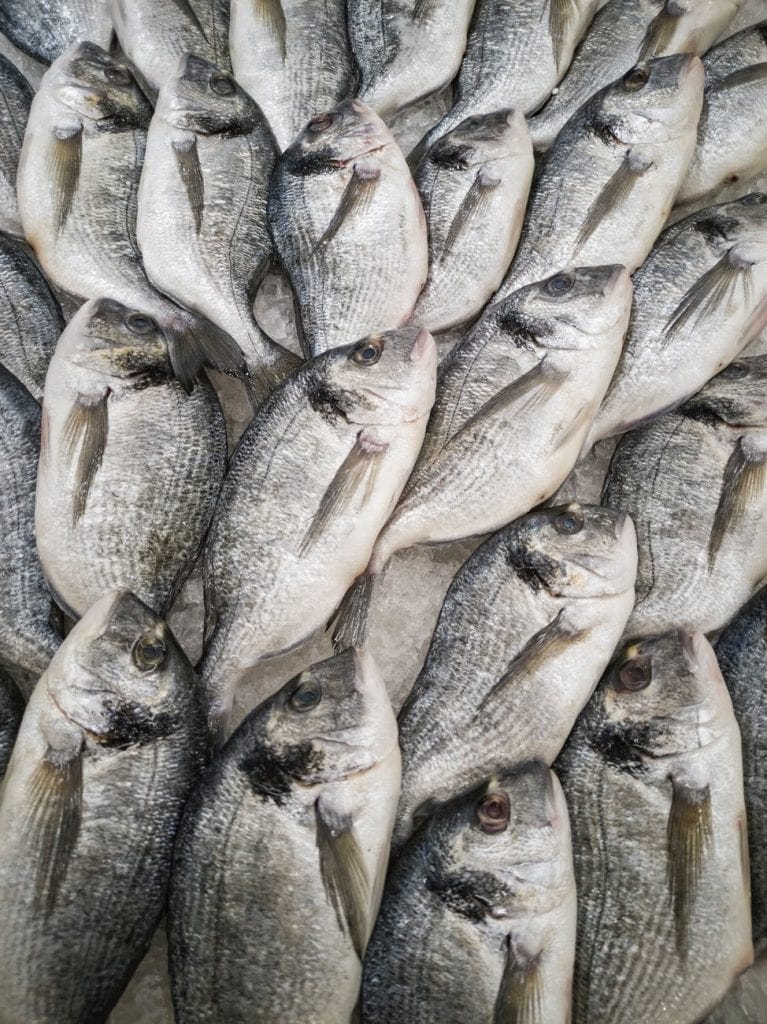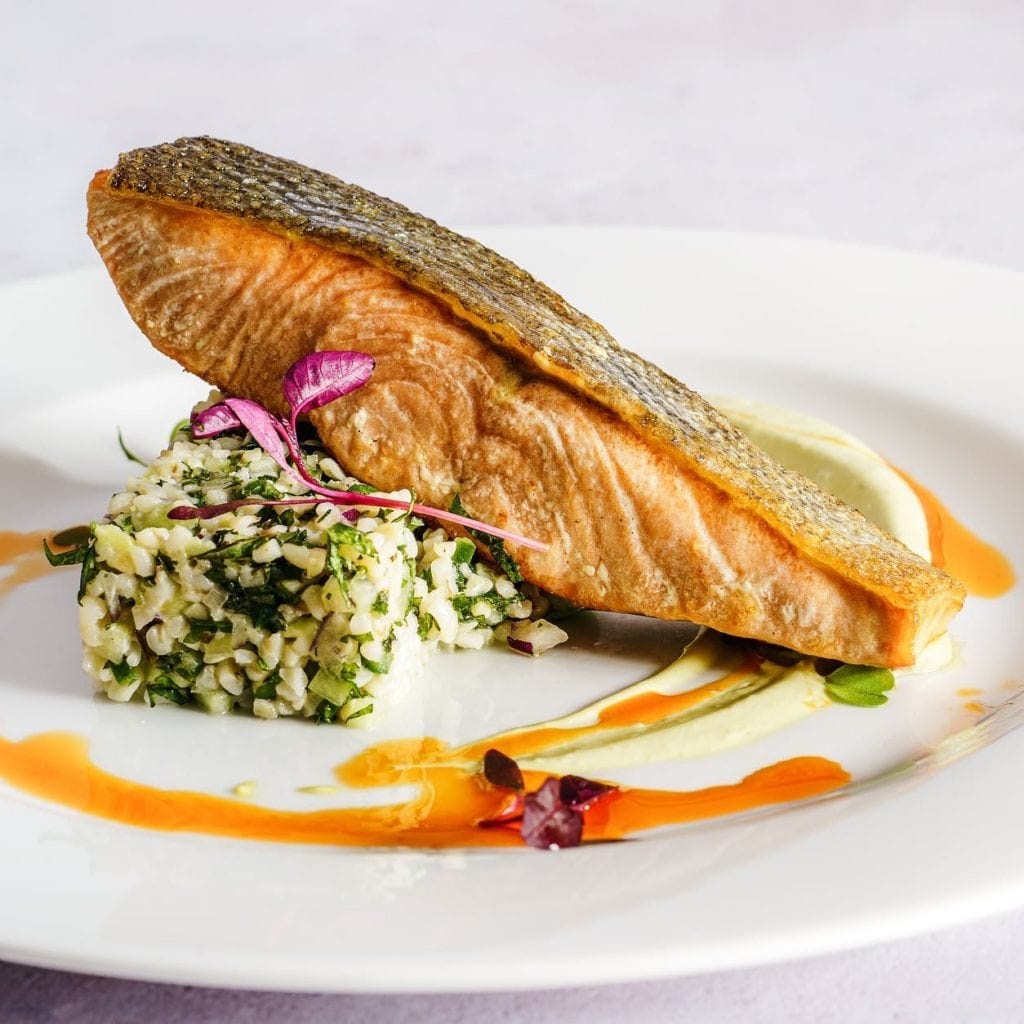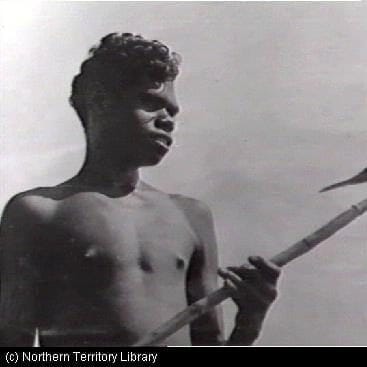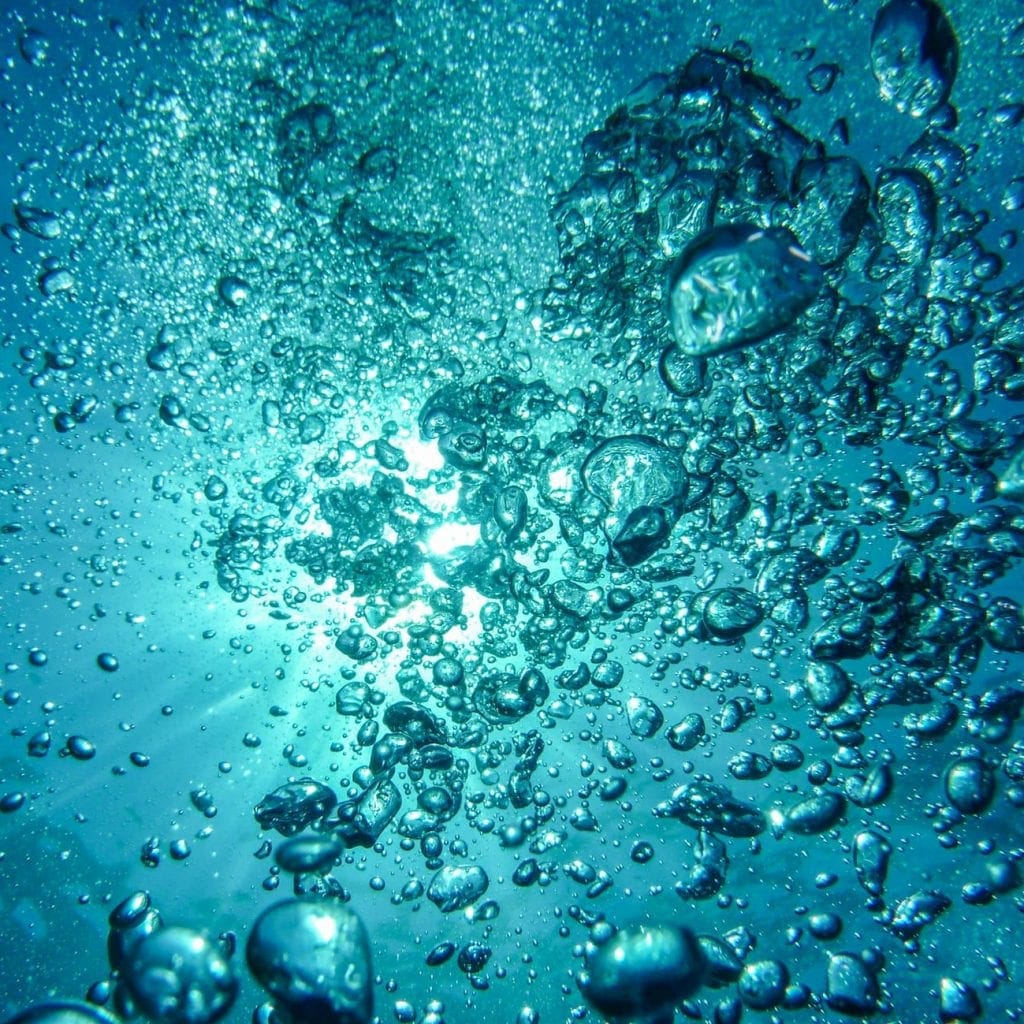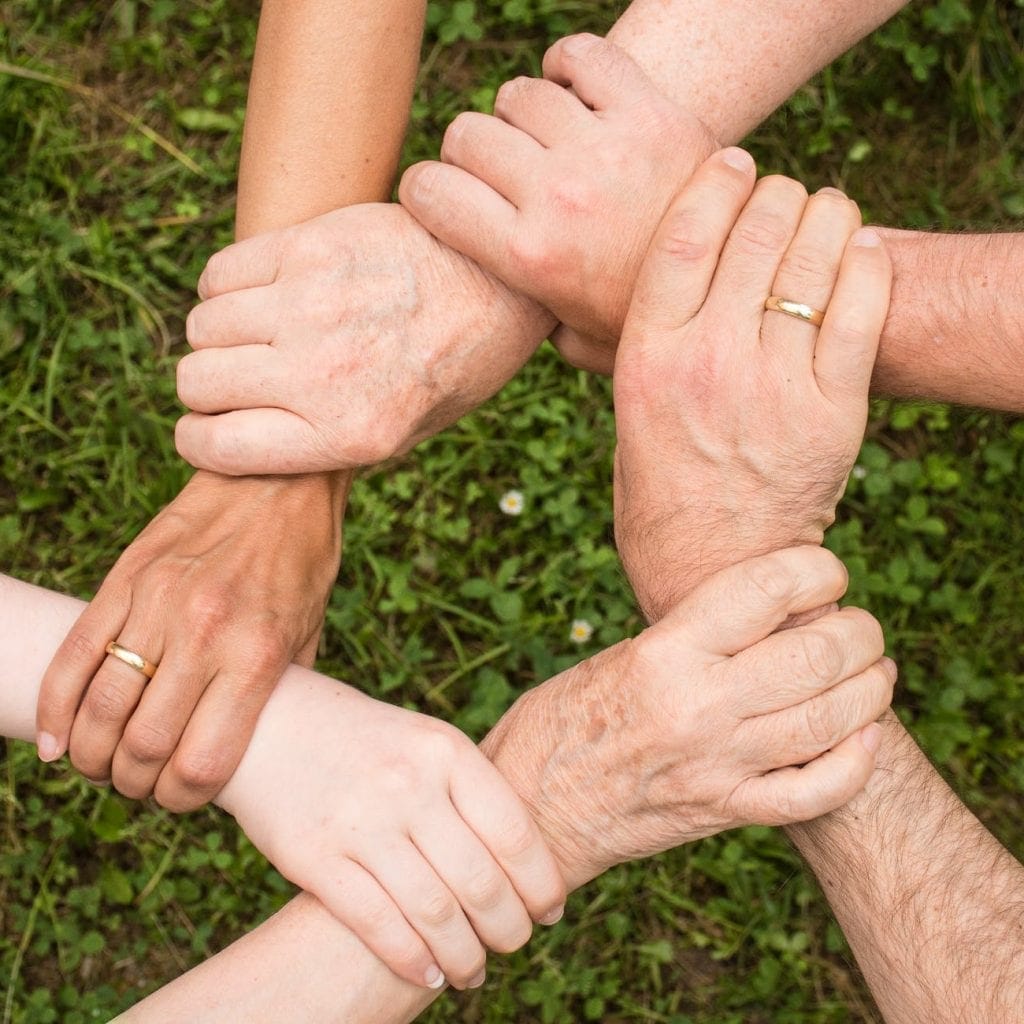Hoppers
Hoppers in Australian trawl fisheries Hoppers are a practical and efficient sorting device. Sorting the catch is quicker and easier and hoppers keep the target product and bycatch in better condition as they are held in seawater and not exposed to air on the back deck of the trawler. Hoppers – An industry driven initiative […]
